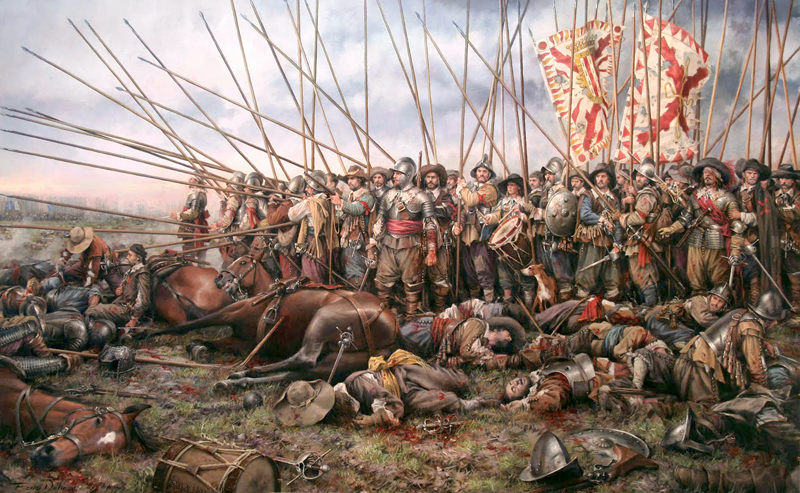Delirium tremens
- I would like to expose in the window a new miniseries of five episodes, produced by the television network Showtime and starred by actor Benedict Cumberbatch. This story based on five books by Edward St Aubyn has confused me.

Let's clear the screen and get a sound in the first few seconds of the series. A phone call. As the camera moves, we see the curly cable of an old phone. At the time, the arm we're feeling trembling takes the phone. “Yes?” says the deep, dark and sad voice. As the map opens, we realize that he is the protagonist, Patrick Melrose. “Bad news from New York, your father has died,” says a voice we heard late. The protagonist hangs the phone and his sad and grim face starts to gradually transform, almost without noticing, until that sadness becomes laughter. As the camera moves away from the foreground of her face, we see a syringe hanging from her arm.
This is how both the series and the protagonist appear on the first blow: Patrick Melrose. Thanks to this sequence of a few minutes, we perceive something strange in Patrick's situation and in his relationship with his father. I could talk a lot about what the character has and the terrible interpretation of Benedict Cumberbatch, but I'm just going to give you a few strokes about the character, rather than reading, because I think it does a job of seeing and feeling live.
On the one hand, it can be said that it is a crude story about the unbearable loneliness that can result from having too much money. Using alcohol and all kinds of drugs as a tool, he investigates in daily life a guy who does not find his place in this world and who wants to escape it. But above all, and above all, I would dare to say that it is a terrible investigation into the future consequences of the sexual assaults that an individual suffered from his father in the past, when he was a child. This series, based on the real tragedy of the writer, has seemed to me one of the strongest of the year.
The story consists of five chapters, each of which becomes a trip to a concrete fact. The structure of the main plot takes us to different years and locations from the very beginning and everything that type has suffered throughout life serves us to understand what the current Patrick looks like. And above all, to try to empathize with the hedonistic and self-destructive actions that it performs. Although it shows us what was experienced in New York City in the 1980s and in the United Kingdom in the 2000s, I would like to mention the wonderful French village of the 1960s that appears in the second part, which I thought was a masterpiece, when he is a child, in that light, colour and joy that the people and the house itself transmit, we realize that there is an absolute darkness, because his parents – as they don’t mean too many things.
Everything is counted almost perfectly. They have used the tools offered by the cinema in a wonderful way: first, they have brought to the end all that silence can mean, making the spectator coincide from the beginning with the protagonist. Technically it is also wonderful: the subtle movements of the planes, the effective clash between the section and the natural and artificial lighting in function of the situation that the protagonist lives... An assembly, amazing, essential, especially to describe moments when the character is not in its place. But the most obvious thing is that there's hardly anything explained by the words. Although in the end it becomes more explanatory, the series is narrated in a very psychological way, we don't see anything raw live, but we feel what happens. One thing has been said in an interview, but another has been detected below. Even if a character has laughed, the eyes say something more...
At one point, Patrick experiences delirium tremens, a moment of confusion due to withdrawal symptoms. When the series, alternating a little bit of black humor, represents these kinds of extreme situations, we feel a kind of hatred towards the protagonist. At times it becomes unbearable, jeopardizing the possibility of empathy. But all of a sudden, at the time when the second part comes to mind, we put ourselves back in his heart and his brain, and we ended up loving Patrick Melrose altogether.
If you want to see a terrible drama, tragic, hard, but also fun and very intense, Patrick Melrose is the one you have to choose.
B. It is one of the television references that marked the adolescence of A. He would like A to be an actor known as B. They both have a gang of friends that doesn't come out of the ordinary, but what differentiates is adolescence. B lived a stranger, participated in a public... [+]
Gertatuko zitzaizuen: leku guztietan sekulakoa balitz bezala iragarri duten pelikula edo telesaila ikusi ondoren, frustrazio pixka batekin, “ez zen hainbesterako” esaten bukatu duzue. Eta azkenaldian inoiz baino gehiagotan gertatzen zaizue. Lasai, ez zaudete seko... [+]






















